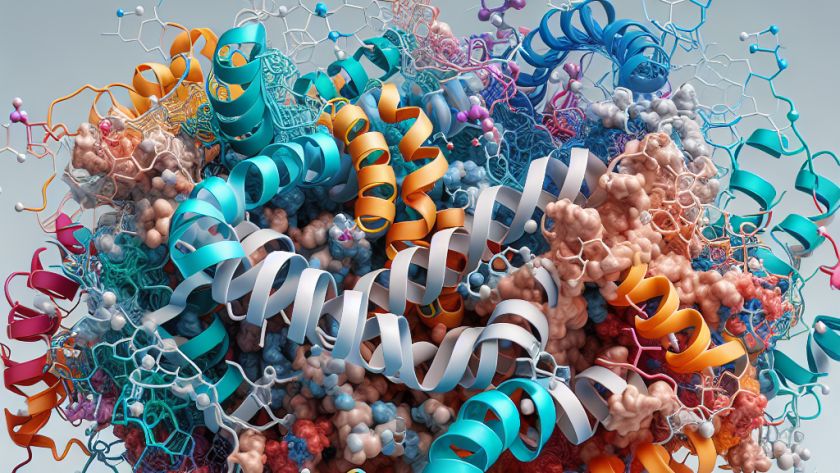Algorithms, Artificial Intelligence, Computer science and technology, Electrical Engineering & Computer Science (eecs), Human-computer interaction, Machine learning, MIT Schwarzman College of Computing, MIT-IBM Watson AI Lab, National Science Foundation (NSF), Research, School of Engineering, UncategorizedMay 16, 2024206Views0Likes0Comments












